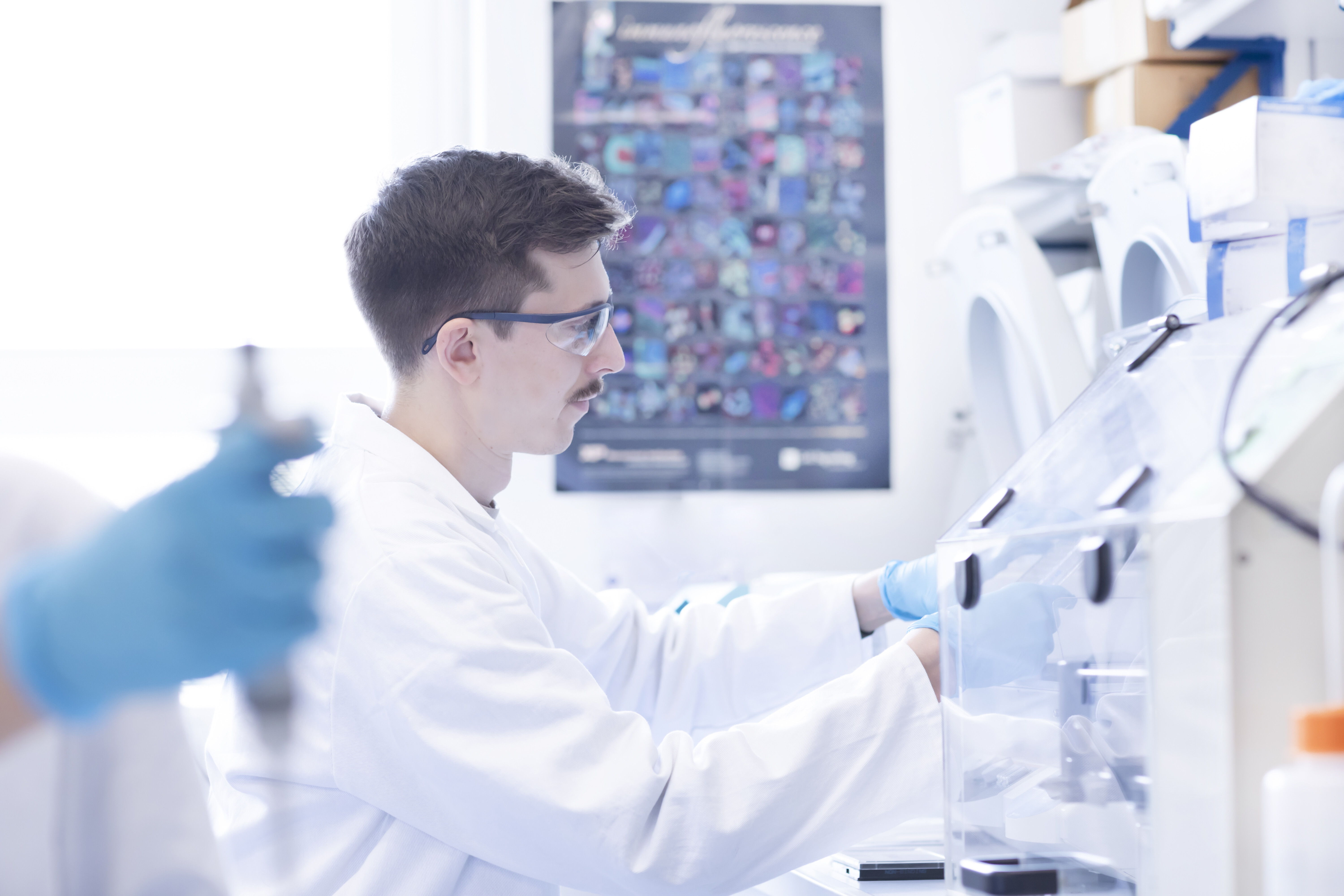Scientists focus on intestinal research for early Parkinson's detection

The Research Foundation – Flanders (FWO) has awarded professor Sebastiaan De Schepper a so-called Odysseus grant of almost 1 million euros for his research on Parkinson's disease. The grant should allow the Belgian scientist to investigate in the next five years whether affected immune cells in the intestines are a harbinger of the disease, announced the University of Antwerp (UAntwerp) on Friday 11 April - World Parkinson's Day.
It has long been clear that the neurological disorder Parkinson's disease is linked to problems in the stomach and intestines. Sebastiaan De Schepper, affiliated with UAntwerp and the Flemish Institute for Biotechnology (VIB), specialises in what he calls the “vacuum cleaners of our intestines”. The grant will allow the scientist to build a research group with foreign experts. He suspects that in certain patient groups, the first signs of the disease become visible in the intestines.
“Today, diagnosis often happens only when motor symptoms occur, but by then most of the affected nerve cells in the brain have already died”
Parkinson’s disease is incurable and gradually affects the body by breaking down nerve cells in the brain. However, with the right treatment, symptoms can be slowed down. “Early diagnosis is therefore crucial,” said De Schepper. “Today, diagnosis often happens only when motor symptoms occur, but by then most of the affected nerve cells in the brain have already died.”
The cause of Parkinson's is not known, but scientists assume that the clumping of a protein (alpha-synuclein) plays a major role. The same protein is also found in the intestines. “Just like in the brain, it can start clumping there, possibly decades before the first motor symptoms,” De Schepper explained.
Many Parkinson's patients struggle with intestinal symptoms, especially constipation, years before their diagnosis. In about half of all cases, the disease may start in the intestines, after which it spreads to the cerebral nervous system. In the other half of patients, the deterioration starts immediately in the brain.
"If we succeed, we might be able to detect the disease years before the first symptoms appear"
Scientists noted that certain immune cells - macrophages or “vacuum cleaners” that clean up waste - fail when trying to process clumps. In other words, “broken vacuum cleaners” could play an important role in starting the disease process. “We are going to identify harmful immune cells through intestinal and blood analyses,” stated De Schepper. "If we succeed, we might be able to develop a biomarker (an indicator, ed.) to detect the disease years before the first symptoms appear."
Parkinson’s disease affects 50,000 people in Belgium and that figure is likely to rise sharply in the future.
#FlandersNewsService | Illustration © BELGA PHOTO CONNECTIMAGE
Related news

